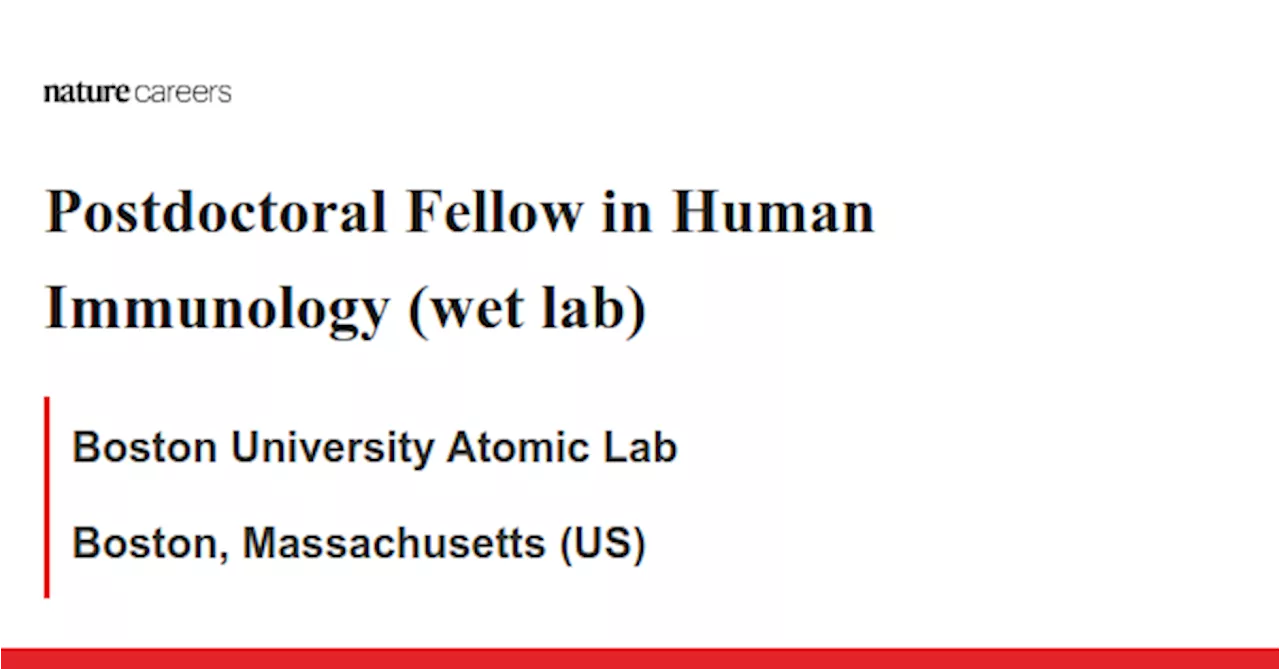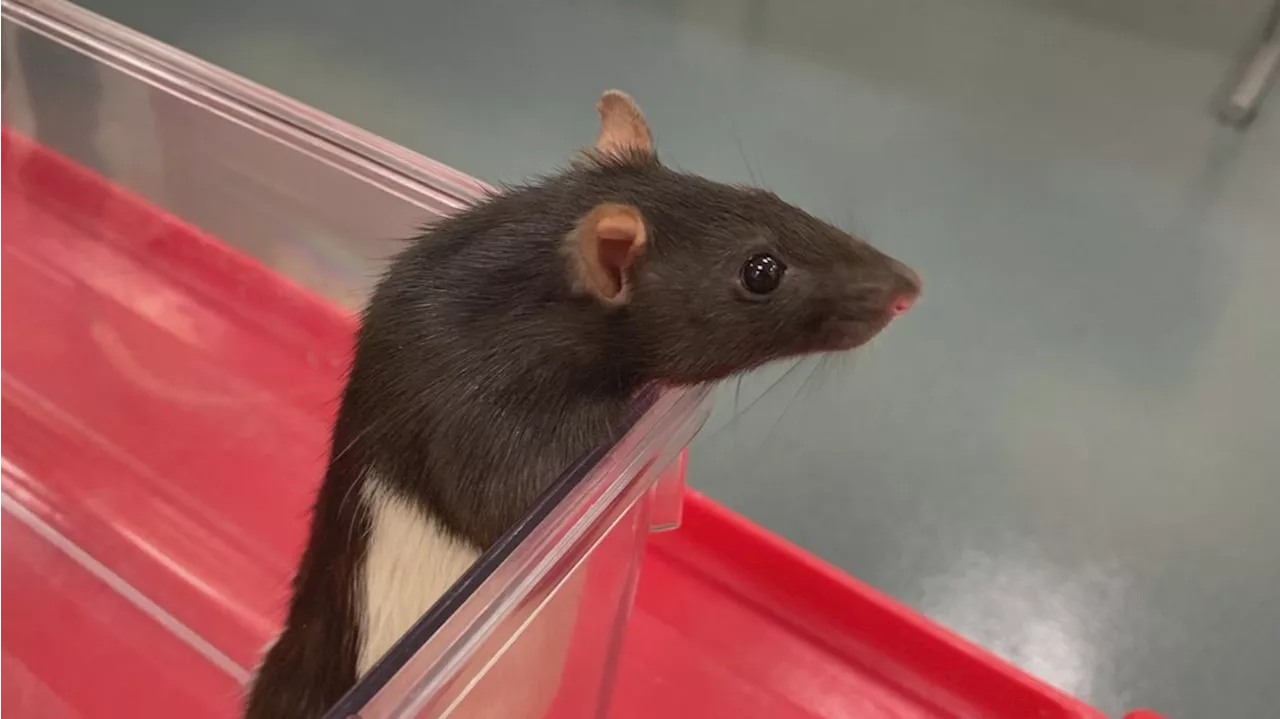Emily is a health news writer based in London, United Kingdom. She holds a bachelor's degree in biology from Durham University and a master's degree in clinical and therapeutic neuroscience from Oxford University. She has worked in science communication, medical writing and as a local news reporter while undertaking journalism training.
For the first time, scientists have created detailed maps of immune cells in the placenta, showing how the cells defend the fetus from invaders during early pregnancy.
The scientists used the placentas to investigate how three major pathogens infect the organ: the parasites Plasmodium falciparum and Toxoplasma gondii, which cause malaria and toxoplasmosis, respectively; and Listeria monocytogenes, a bacterium responsible for an infection called listeriosis.
By submitting your information you agree to the Terms & Conditions and Privacy Policy and are aged 16 or over."While infections during pregnancy have been known to cause complications, including miscarriage and stillbirth, very little has been known about the underlying mechanisms," Regina Hoo, lead study author and a postdoctoral fellow at the Wellcome Sanger Institute in the U.K., said in a statement.
All three pathogens can also infect Hofbauer cells, the team found. For example, T. gondii can hide in them as a way to evade the immune system and travel around the fetus' body.
South Africa Latest News, South Africa Headlines
Similar News:You can also read news stories similar to this one that we have collected from other news sources.
 Postdoctoral Fellow in Human Immunology (wet lab) - Boston, Massachusetts (US) job with Boston University Atomic LabAtomic Lab (https://atomic-lab.org/) at the National Emerging Infectious Diseases Laboratories, Boston seeks a Postdoctoral Fellow with expertise in human immunology in infectious diseases and vaccinations.
Postdoctoral Fellow in Human Immunology (wet lab) - Boston, Massachusetts (US) job with Boston University Atomic LabAtomic Lab (https://atomic-lab.org/) at the National Emerging Infectious Diseases Laboratories, Boston seeks a Postdoctoral Fellow with expertise in human immunology in infectious diseases and vaccinations.
Read more »
 University Place dental lab burglary raises questions about suspects intentionsAfter a University Place dental laboratory was burglarized over the weekend, there are questions over the equipment the suspects got away with.
University Place dental lab burglary raises questions about suspects intentionsAfter a University Place dental laboratory was burglarized over the weekend, there are questions over the equipment the suspects got away with.
Read more »
 Emily in Paris will also be Emily in Rome in season fourSurprise, surprise: the season will be split into two parts, premiering August 15 and September 12
Emily in Paris will also be Emily in Rome in season fourSurprise, surprise: the season will be split into two parts, premiering August 15 and September 12
Read more »
 University of Chicago fossil lab opens in Washington ParkThe new University of Chicago fossil lab, which opened Thursday on the South Side, is home to the 'Super Croc,' a fossil of a 40-foot long crocodile that roamed the Earth about 110 million years ago.
University of Chicago fossil lab opens in Washington ParkThe new University of Chicago fossil lab, which opened Thursday on the South Side, is home to the 'Super Croc,' a fossil of a 40-foot long crocodile that roamed the Earth about 110 million years ago.
Read more »
 Millersville University seeks to rehome 16 former lab ratsGive Local York, York County’s biggest day of giving, is just a few weeks away. The York County SPCA is one of hundreds benefiting from the upcoming fundraiser.
Millersville University seeks to rehome 16 former lab ratsGive Local York, York County’s biggest day of giving, is just a few weeks away. The York County SPCA is one of hundreds benefiting from the upcoming fundraiser.
Read more »
 Millersville University's Psychology Department is looking to find homes for 16 lab ratsMore than 10 lab rats from Millersville University are available for adoption after their participation in a research study class.
Millersville University's Psychology Department is looking to find homes for 16 lab ratsMore than 10 lab rats from Millersville University are available for adoption after their participation in a research study class.
Read more »
